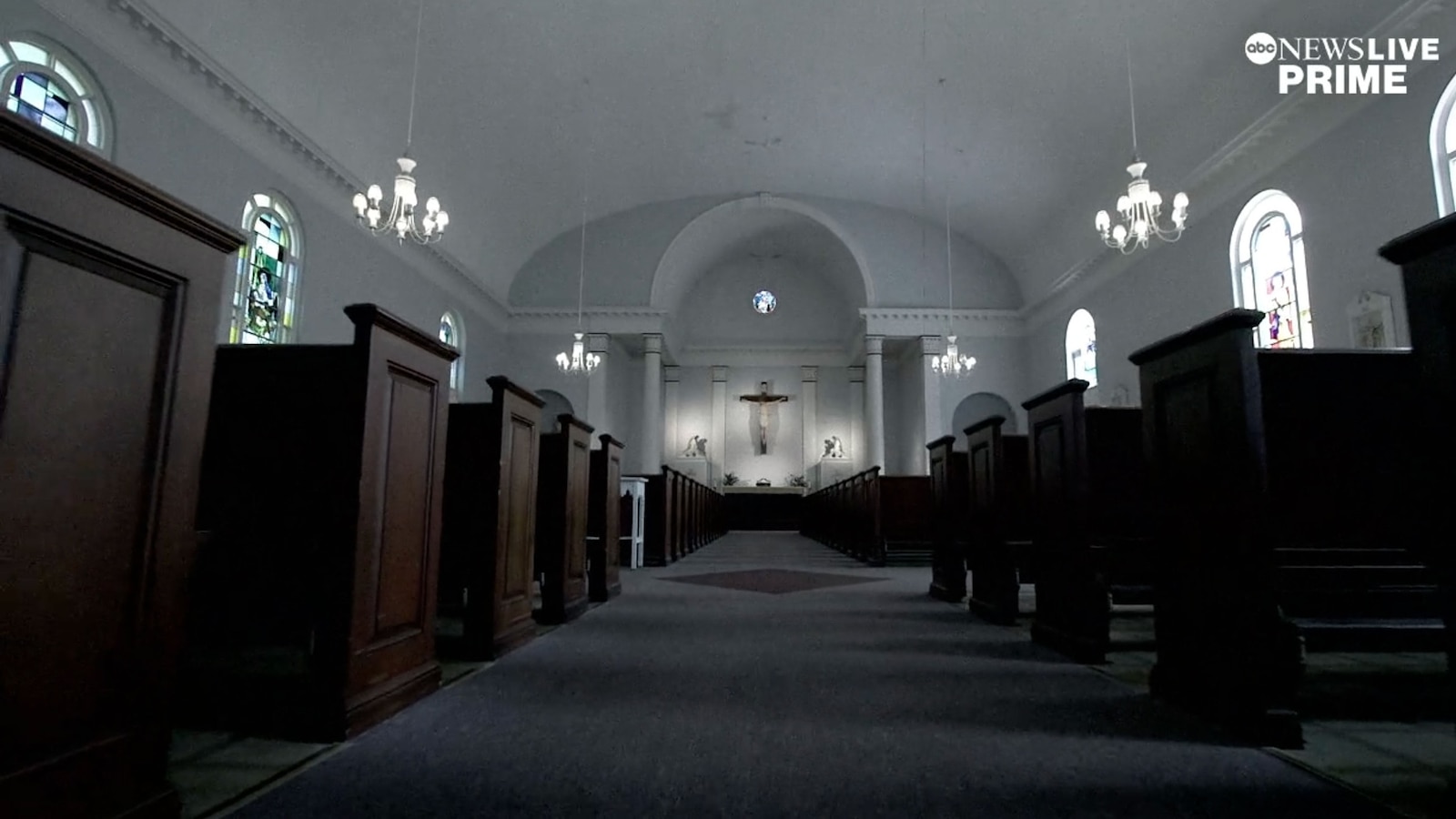Summary
Churches across the U.S. are grappling with dwindling attendance and financial instability, forcing many to close or sell properties.
The Diocese of Buffalo has shut down 100 parishes since the 2000s and plans to close 70 more. Nationwide, church membership has dropped from 80% in the 1940s to 45% today.
Some churches repurpose their land to survive, like Atlanta’s First United Methodist Church, which is building affordable housing.
Others, like Calcium Church in New York, make cutbacks to stay open. Leaders warn of the long-term risks of declining community and support for churches.



Have you ever heard about Satanic Temple? They’re atheists, too. “Satan”, to them, is not a spiritual entity or a deity, but “a symbol to represent the eternal rebel against arbitrary authority and social norms” (https://en.wikipedia.org/wiki/Satanism#The_Satanic_Temple). It’s an atheistic religion, and there are other atheistic religions as well (such as Buddhism, although you could say that Buddhism is rooted on some “supernaturality”).
Oh I know about Satanism. I try to advocate for it myself although with much scorn from the people around me. I like to think of it’s main purpose as, “If it is truly my fundamental human rights to practice whichever religion, surely I as a Satanist am completely within legal boundaries to marry the same sex, or carry out abortions”.
I think it’s name is what keeps it from widespread appeal, although you could also argue the naming is a necessity.
Exactly!
I don’t think it’s a misnomer, Satan is the archetypal symbol of nonconformity and fighting the status quo. However, guess what’s one of the reasons they’re “kept out of mainstream appeal”? The way many (not all) science-only atheists try to lump everything remotely “religious” into the same basket, as if it were all the same thing with the same views and practices. That was one of my main points in my initial comment.
Of course, the Christian/Abrahamic model of thought that still plays a role on laws and constitutions in every country is somewhat more vocal on maintaining the prejudice and social bias against terms like “Lucifer” and “Satan”, when we, as modern humans, should have already abandoned this archaic mentality of prejudice and embraced non-conformist archetypes like Satan. I’m not talking about lighting red/black candles for Satan as a deity/spiritual entity, but understanding the archetypal story of resistance. Just like Lilith is also an archetypal symbol of women’s empowerment and fight for women’s rights.
Unfortunately, I was strongly misunderstood on my initial comment by many people here (implied by the downvoting amount). Sure, I was also advocating for “supernatural-based religions”, such as Luciferianism, Wicca and Thelema, because it seems so unfair to me to compare them with Christianity, especially considering the negative things permeating the history of Abrahamic religions (Crusades, Inquisition, etc). No Luciferians, no Wiccans, no Thelemites, among others, no one of them persecuted people: they were the persecuted people (and they still are persecuted and harassed nowadays…).